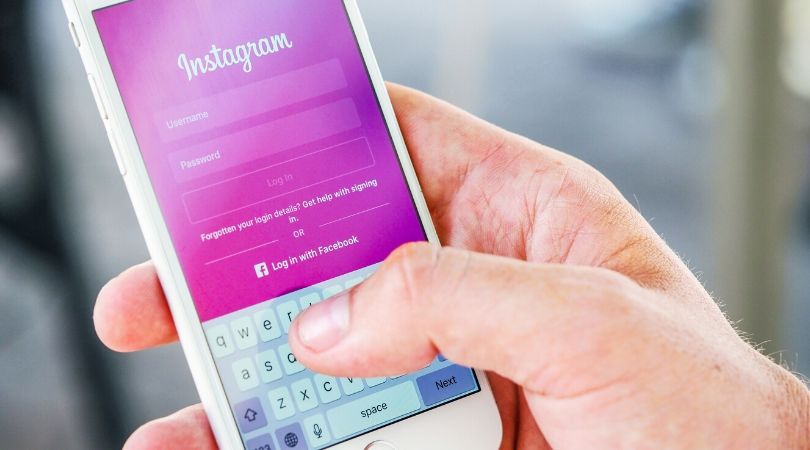I had my first cell phone at 20. That’s more than 20 years ago. Since cell phone plans were expensive and the customer service a drag, I decided to get a pre-paid card. Which worked nicely, until I had to call someone from the neck of the woods, during a hike in the mountains and I had no more credit.
So, as soon as I got back, I decided to get a monthly plan and never looked back.
But, still, should you buy or lease a cell phone?
Most companies would give you a cellphone for free, but you have to commit to a 2 year service agreement to do so. The idea of being locked into contracts sucked for a lot of people because of customer service issues. The idea also sucked for service providers because they would have to front the cost of the phone while relying on your continued business to make up for it in the end.
But now, everyone is pitching the idea of no-contract plans which sounds awesome! If you read between the lines though, it is more awesome for the provider than it is for the consumer.
Not Having a Contract is a Bad Thing?
Not for the wise…but most people aren’t that wise. Some time ago, cell-phone companies realized that the majority of people never actually switch providers and that goes with just about anything that we subscribe to. So now, instead of eating the cost of the phone, they lease it to you as a monthly charge on top of your plan.
I personally don’t mind having a contract, since it means I have my number as well. When I decided to switch companies 3 years ago, it was an easy deal, I just cancelled my old account and ‘migrated’ it to the new provider.
As I didn’t have any outstanding debt (I pay for my phones in full), it was an easy task.
Leasing a Cell Phone
Think about it, they advertise a plan for the low, say $70/month all inclusive, but then your new iPhone is $24.99 a month until you pay it off. So really you are paying close to $100/month for a cellphone.
But I get a free phone upgrade now!
Yeah this is true, but it means you have to trade in your current phone to get the upgrade. Here’s how it usually plays out:
- Get a leased phone for $10-$25 extra per month depending on the brand
- You likely use the phone for 1 year and then a new model comes out ($120-300/year)
- Trade your old phone in for the new Galaxy Super or iPhone 9000 and continue your monthly payments
- Phone company “refurbishes” your old phone and sells it to the next person
- You never actually own your phone and you’re also locked into a contract on the back-end because switching providers means you’d have to pay the remaining balance on your phone immediately
Not very thrifty
Oh, and another thing to consider is that you get a hard inquiry on your credit report when you start one of these plans. Don’t believe the salesman when they tell you that it will be a soft one.
Pay Full Amount?
It can be pretty expensive to buy the phone outright though. Most people don’t have $600+ to drop on a cellphone right away. You could still do an initial lease and pay that phone off completely over time. Then, hold off on upgrading until the wheels fall off.
Do you really need a new phone just because they upgraded the camera or added some feature that you may rarely use? I’m still going strong with my iPhone 6 (I really hated that they took away the headphone jack in newer models). It’s a little buggy with the battery life, but it gets me through the day. Also, owning it free and clear made it much easier to switch to a different provider and save money on my plan.
I like cheaper phones, so I’d never consider paying more than 250 bucks for a phone. Which means it’s easy to pay for upfront and then I keep it until it breaks and I really need a new one. Staying away from the expensive iPhones helps me save a lot of money, as my phones are usually cheaper versions LG or Samsung, which have better batteries and an overall decent service.

